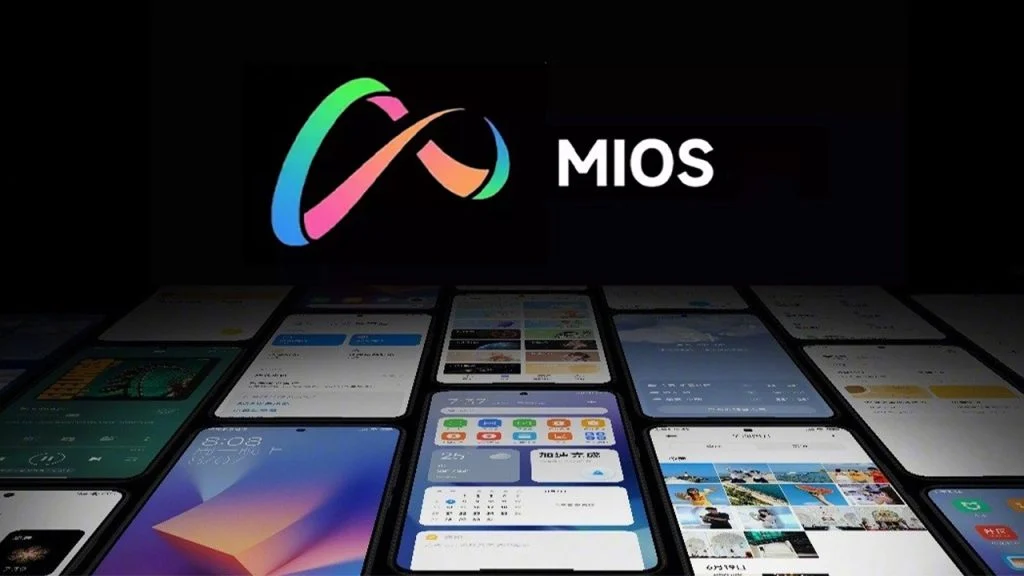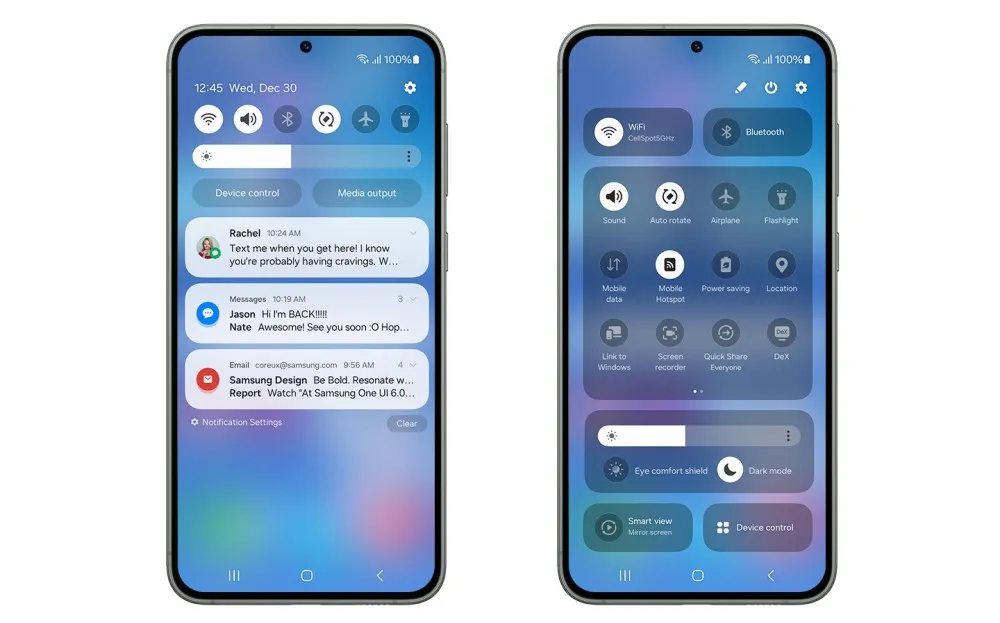Analyzing the Expenses Involved in Powering Electric Cars
The discourse concerning electric vehicles (EVs) traditionally revolves around their positive impact on the environment and the collective drive towards a sustainable future. Nonetheless, a recent investigation has shed light on a different dimension of EVs - their fueling expenses. As per this research, the cost of fueling an electric vehicle equates to approximately $17 per gallon, prompting a more profound comprehension of EV ownership.
Unveiling the Actual Fueling Expenses of an EV
Initially, this cost might appear significantly higher when compared to the standard gasoline prices. Nevertheless, this juxtaposition is not so straightforward. The cost per gallon for EVs does not directly correlate with the typical gallons utilized by gasoline vehicles. Instead, it signifies the financial outlay for the electricity necessary to cover the equivalent distance that one gallon of gasoline would propel a conventional car.
Grasping the Operational Expenditures
This particular calculation is pivotal in grasping the genuine expenses associated with running an EV. Despite the fact that the initial buying price of electric vehicles could surpass that of their gasoline-powered counterparts, their operational costs, primarily propelled by fueling, are frequently lower. Electricity, as a fuel source, tends to be comparatively more cost-effective than gasoline, and EVs exhibit higher energy efficiency levels compared to internal combustion engine vehicles. Moreover, the pricing of electricity can fluctuate significantly across different regions, with time-based rates potentially influencing the cost of charging an EV.
Innovations in Battery Technology and Charging Network
Additionally, the discoveries of the research emphasize the significance of progressing battery technology and the charging network. Enhancements in battery efficiency and accelerated charging durations have the potential to curtail the overall expenses associated with operating an EV. Furthermore, with the escalating prevalence and declining costs of renewable energy sources, the cost of charging EVs might further diminish, rendering them even more economically viable in the long haul.
Factors to Deliberate for Consumers and Decision-Makers
For consumers, comprehending the actual expenses involved in fueling EVs is vital when contemplating the transition from gasoline-powered vehicles. Despite the initial surprise sparked by the $17 per gallon value, an in-depth examination demonstrates that EVs could potentially offer superior cost-effectiveness over their lifespan. As for policymakers and key industry actors, these conclusions stress the necessity for continued investments in EV infrastructure and technology to render electric mobility a more appealing and feasible alternative for a broader spectrum of consumers.
In summation, the initial expense of fueling electric vehicles may seem exorbitant in comparison to gasoline vehicles. Nevertheless, a profound insight into the financial calculation and operational expenditures elucidates that EVs could prove to be more economical over time. The advancements in battery technology and charging infrastructure will likely further bolster the affordability of EVs. As the globe progresses towards a more sustainable trajectory, backing EVs and their corresponding infrastructure stands as a critical component to encourage widespread acceptance of electric mobility.



